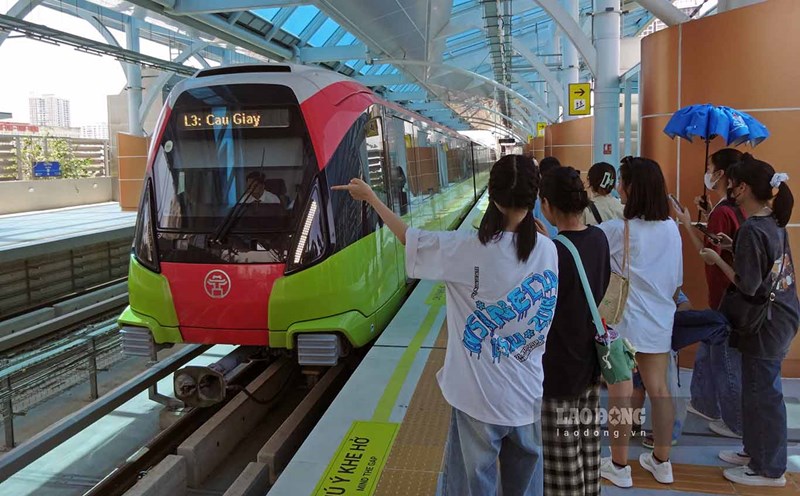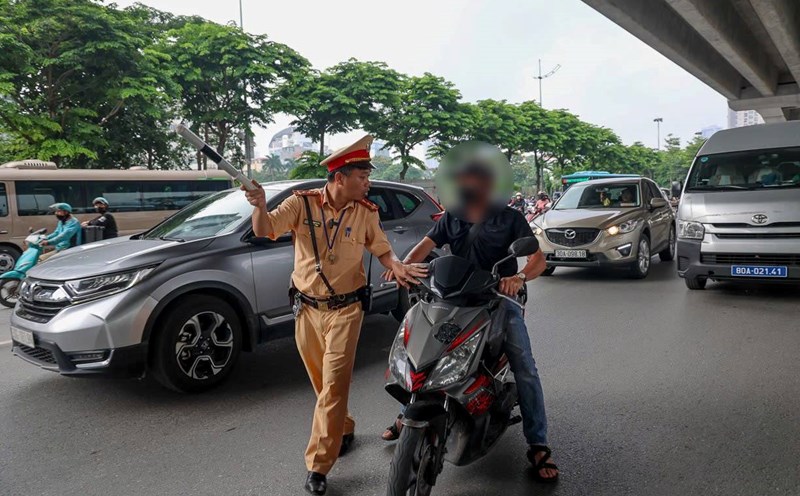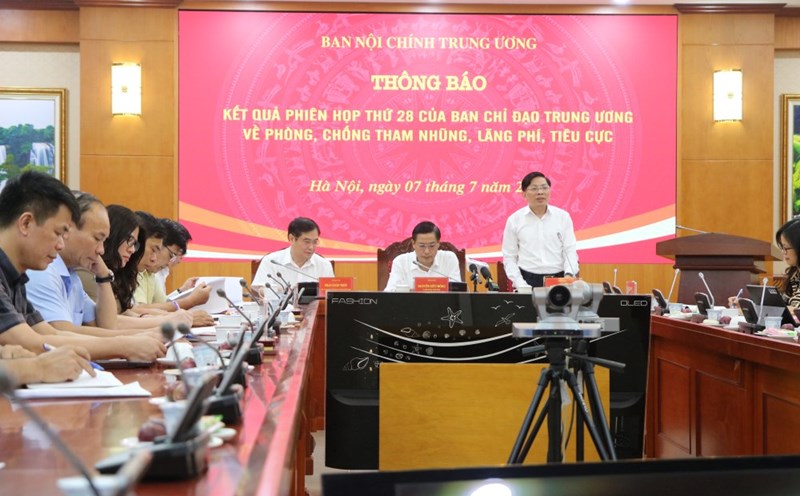On the afternoon of July 7, in Hanoi, the Office of the President coordinated with the Ministry of Public Security, the Ministry of Foreign Affairs, the Supreme People's Court and relevant agencies to hold a press conference to announce the President's President's 85th President in 2025 (September 2).
At the press conference, Senior Lieutenant General Le Van Tuyen - Deputy Minister of Public Security, said that amnesty is a special leniency policy of the State. 2025 is the third year (previously in 2009 and 2011) that the two amnesty sessions were held in one year.
Regarding the new points, Senior Lieutenant General Le Van Tuyen said that compared to the amnesty decision on April 30, this time the subjects and conditions for amnesty are also expanded.
The Deputy Minister of Public Security said that amnesty is a special policy of the Party and State and is decided by the President during special events of the country.
This year is the year of many particularly important political events of the country, especially in the coming time we will celebrate the 80th anniversary of National Day on September 2.
"Therefore, the amnesty for September 2 also has new and more extensive points compared to April 30", said Senior Lieutenant General Le Van Tuyen.
The Deputy Minister of Public Security said that there were 4 types of crimes and 4 groups of crimes that were not eligible for amnesty before, but this time they were granted amnesty.
One is the subjects who intentionally cause multiple injuries to one person or more times; intentionally cause injury to two or more times; intentionally cause injury to two or more people; resist law enforcement officers two or more times; rob property many times, snatch property many times; steal property two or more times.
The two are subjects who commit two or more intentional crimes, including the case of total sentences or are serving a total sentence due to a prison sentence of two or more times for the same intentional crime.
The three are those who have a criminal record and are sentenced to prison because they intentionally are also considered for amnesty.
The four are those who have been sentenced to prison terms, including cases where their criminal records have been cleared, or have been sent to compulsory educational institutions, including previous educational institutions or have been sentenced to reform schools, but have been sentenced to prison terms for one of the following crimes: Crime of drugs; murder; intentional injury; robbery; extortion; fraud to appropriate property; theft of property; kidnapping to appropriate property; use computers, telecommunications, electronic means to commit acts of property appropriation; resist law enforcement officers; buy and sell women; lend at high interest rates; broker others to illegally exit and enter Vietnam...
Regarding the classification and consideration of emulation, the Deputy Minister of Public Security said that Instruction 94/HD-HDTVDX clearly stipulates that each type of crime with time for consideration of emulation can be extended to more amnesty subjects than Decision No. 266/2025/QD-CTN.
Deputy Minister Le Van Tuyen stated that in Instruction 94/HD-HDTVDX, there is also a point related to the regulation that when granted amnesty, it does not affect security and order; there are very specific instructions on the criteria for detention facilities under the People's Public Security force and the People's Army, there is a basis when considering the subjects granted amnesty to be implemented consistently nationwide, ensuring publicity and transparency.











